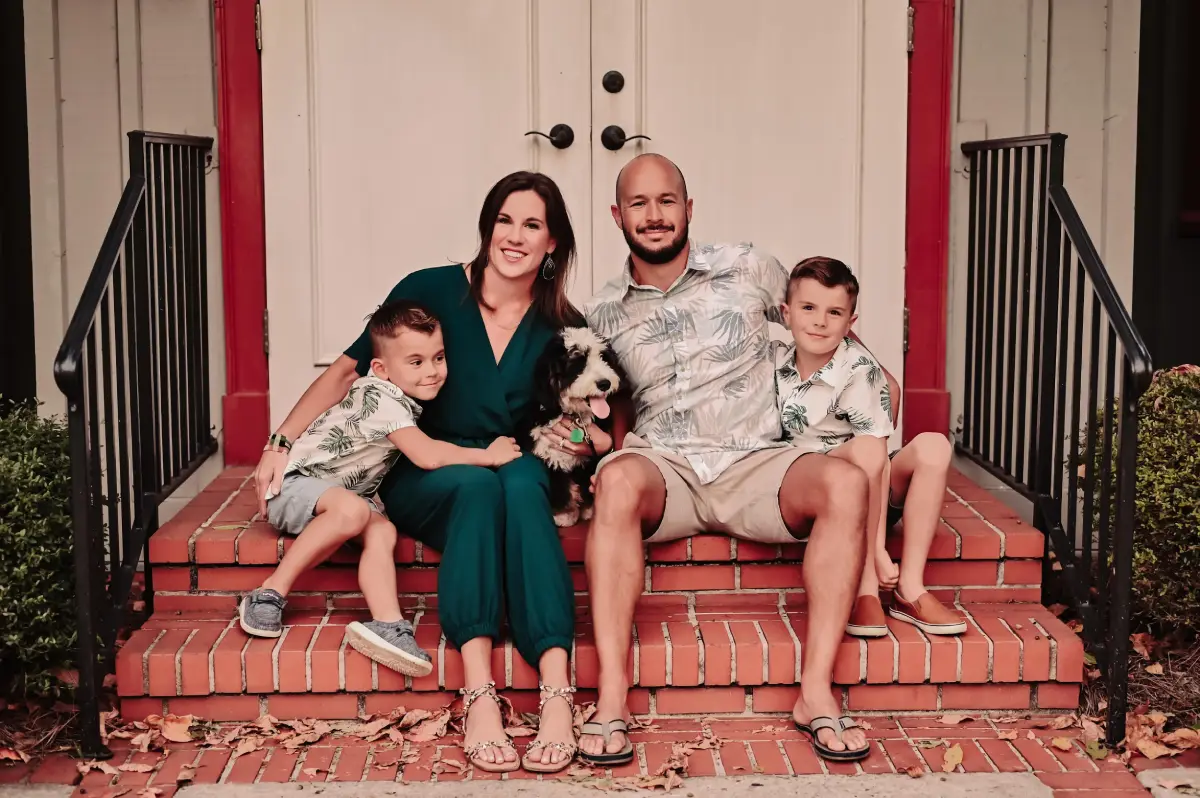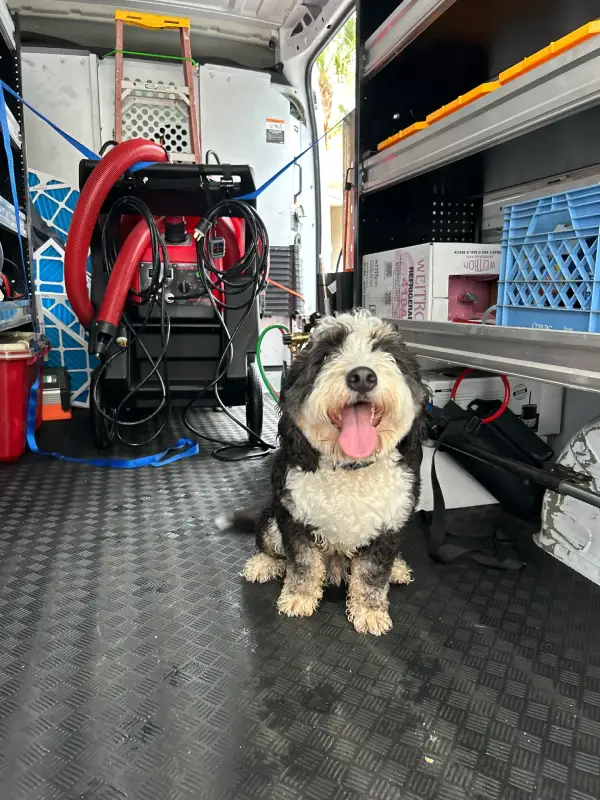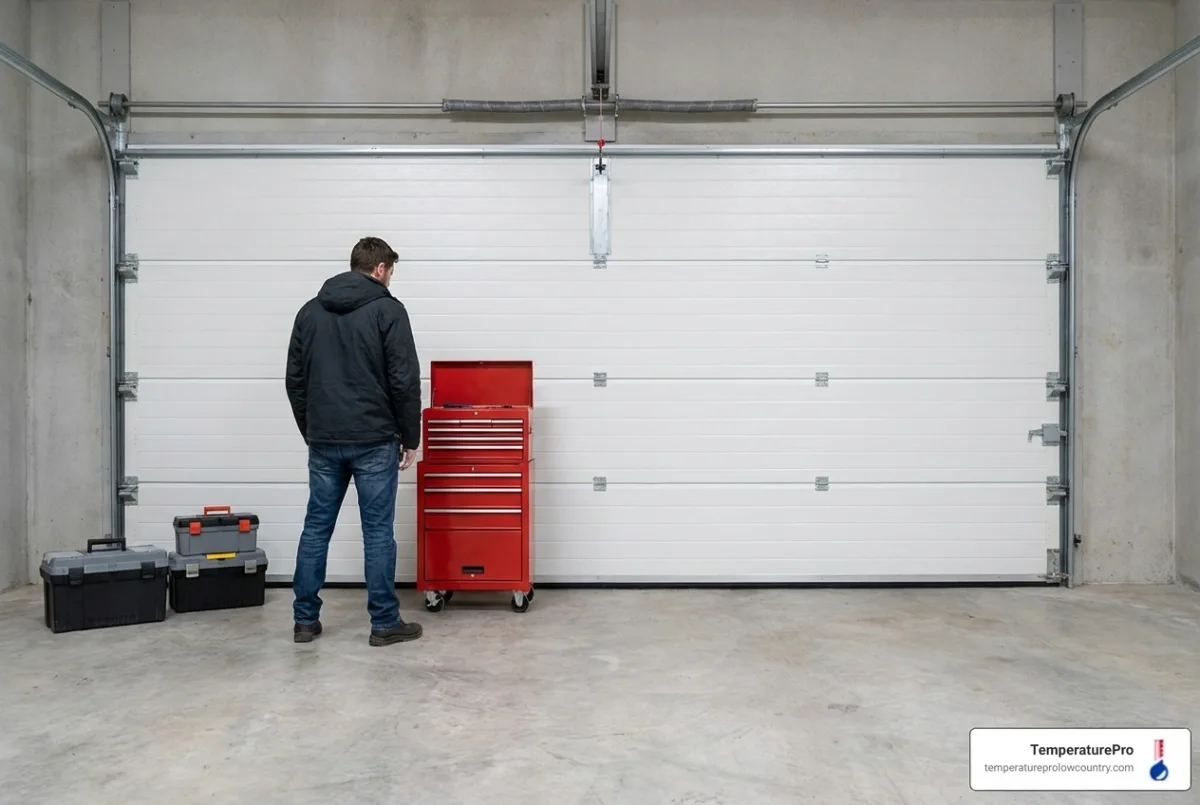

Navigating Lowcountry HVAC Emergencies: A Guide for Homes and Businesses
When the heat and humidity of the Lowcountry kick in, or a sudden chill arrives, your HVAC system isn't just about comfort – it's essential for health and productivity. But what happens when it suddenly fails? HVAC emergencies can strike unexpectedly, and understanding the common issues specific to our coastal climate is key to knowing when to call for urgent professional help.
Here in Bluffton, Hilton Head, Charleston, and across the Lowcountry, our unique environment puts specific stresses on heating and cooling systems. High humidity, salt air, and intense heat can accelerate wear and tear, leading to critical malfunctions. Knowing the signs of an emergency can save you from discomfort, potential property damage, and even safety risks.
What Truly Counts as an HVAC Emergency in Our Region?
Not every HVAC issue requires a middle-of-the-night service call. A minor drip or a strange noise might be a problem that can wait for business hours. However, certain situations demand immediate attention to prevent further damage, ensure safety, or restore essential climate control, especially during extreme temperatures.
In the Lowcountry, an HVAC situation graduates to an emergency status if it involves:
- Safety Hazards: This is the most critical category. Any smell of gas (natural gas or propane), the detection of carbon monoxide (get yourself and others into fresh air immediately!), or exposed, sparking, or wet electrical components are life-threatening situations.
- Complete System Failure in Extreme Weather: During the peak of a scorching Lowcountry summer or a rare freezing snap, losing your entire heating or cooling system isn't just uncomfortable – it can be dangerous for vulnerable occupants, pets, or temperature-sensitive equipment.
- Water Leaks Causing Significant Damage: While minor condensation drips might wait, a substantial leak that is actively damaging walls, floors, or ceilings requires immediate intervention to stop the flow and prevent mold growth, a significant concern in our humid climate.
- System Making Dangerous Noises: Loud grinding, banging, or shrieking sounds can indicate a severe mechanical failure that could cause irreparable damage if the system continues to run.
Top Common HVAC Emergencies Fueled by the Lowcountry Climate
Our region's specific environmental factors contribute significantly to certain types of HVAC failures. Here are some of the most frequent emergencies we see:
1. Clogged Condensate Drain Lines
- Signs: Water pooling around the indoor unit (furnace or air handler), water leaking from the ceiling (if the air handler is in an attic), or the system automatically shutting off.
- Why This Happens Here: High Lowcountry humidity means your AC system removes a significant amount of moisture from the air. This condensation collects in a drain pan and flows out through a drain line. Algae, mold, and sludge thrive in this warm, wet environment, easily clogging the narrow drainpipe.
- Safe Steps to Take: If you see water pooling, turn off your system immediately to prevent further overflow and potential electrical hazards. You can try to carefully use a wet/dry vacuum at the end of the drain line (usually outside) to suction out the clog.
- When to Call Professional Help: If you can't clear the clog yourself, if the leak is significant and causing damage, or if the system won't turn back on after addressing the water issue. A professional has specialized tools to clear stubborn blockages and assess any resulting damage.
2. Refrigerant Leaks
- Signs: Your system is blowing warm or cool but not cold air, ice buildup on the evaporator coil (indoor unit), a hissing or bubbling sound (less common but possible), and unusually high electricity bills.
- Why This Happens Here: Refrigerant lines can develop leaks over time due to vibration or corrosion. The salt-laden air near the coast and general moisture can accelerate corrosion on the copper tubing and connections, increasing the likelihood of leaks.
- Safe Steps to Take: Turn off the system to prevent compressor damage if you see ice buildup. Do not attempt to add refrigerant yourself – it's a complex process involving hazardous chemicals and requires EPA certification.
- When to Call Professional Help: Immediately if you suspect a refrigerant leak. Low refrigerant levels can permanently damage the compressor (a very expensive repair) and the refrigerant itself is harmful to the environment. A professional can safely locate and repair the leak, and properly recharge the system.
3. Electrical System Failures
- Signs: System won't turn on, tripping circuit breakers repeatedly, unusual burning smells near the unit or thermostat, flickering lights when the system tries to run.
- Why This Happens Here: High humidity and salt spray can corrode electrical connections and components in both outdoor and indoor units, leading to shorts, failures, or overheating. Storms and power surges common in coastal areas can also damage sensitive electronics.
- Safe Steps to Take: If you smell burning or see sparks, turn off the system at the thermostat and the breaker box immediately. Do NOT touch exposed or wet wiring. You can try resetting the breaker once if there's no burning smell or visible damage, but if it trips again, stop.
- When to Call Professional Help: Anytime you suspect an electrical issue, especially if there are burning smells, visible sparks, or repeated breaker trips. Electrical problems are significant fire hazards and should only be diagnosed and repaired by a qualified HVAC technician or electrician.
4. Complete System Breakdown (Blowing Warm Air in Summer)
- Signs: The AC unit is running, but the air coming from the vents is warm, or the entire system is unresponsive.
- Why This Happens Here: This can be caused by a variety of issues, many of which are exacerbated by the Lowcountry climate's demands. It could be a severe refrigerant leak, a failed compressor (overworked by high heat/humidity), a clogged outdoor coil reducing heat transfer, or a major electrical component failure. Running the system constantly during intense heat puts immense stress on components.
- Safe Steps to Take: Check the thermostat settings. Ensure the system is set to cool and the temperature is below the indoor temperature. Check the air filter to ensure it's not completely blocked, restricting airflow. Ensure the outdoor unit hasn't been accidentally shut off.
- When to Call Professional Help: If the system is running but producing no cool air, or is completely non-responsive after checking basic power and thermostat settings. Diagnosing the root cause of a complete system failure requires professional expertise.
Is Your Lowcountry HVAC Emergency Costly? Understanding Repair Factors
Emergency HVAC repairs often come with a higher price tag than scheduled maintenance or repairs performed during regular business hours. In the Lowcountry, several factors influence the cost:
- Type of Issue: A simple clogged drain line is less expensive to fix than a complex refrigerant leak repair or a compressor replacement.
- Parts Needed: If a major component like a compressor, fan motor, or control board has failed, the cost will be significantly higher due to the price of the part itself. Climate-related issues like corrosion can sometimes lead to multiple part failures.
- Labor Costs: Emergency calls typically incur premium labor rates due to the urgency and after-hours service.
- Time of Service: Nights, weekends, and holidays usually have higher call-out fees and labor rates.
- System Age and Condition: Older systems may be more prone to costly failures, and parts might be harder to source. The corrosive coastal environment can age components faster.
While it's difficult to give exact figures without diagnosing the specific problem, understanding these factors can help manage expectations. Investing in regular maintenance is often the best way to mitigate the risk of unexpected, costly emergencies.
Preventing Lowcountry HVAC Emergencies: Your Climate-Specific Guide
Many HVAC emergencies are preventable with proper, consistent maintenance. For Lowcountry residents and businesses, maintenance needs to be specifically tailored to combat humidity, salt, and heat:
- Regular Filter Changes: Clogged filters restrict airflow, making your system work harder and increasing the risk of breakdowns. Check and change filters monthly, especially during peak cooling season.
- Seasonal Professional Maintenance: Schedule tune-ups twice a year – before the cooling season and before the heating season. A professional technician will clean coils (removing corrosive salt and debris), check refrigerant levels, inspect electrical connections for signs of corrosion, lubricate moving parts, and most importantly for our area, flush the condensate drain line regularly to prevent clogs.
- Keep Outdoor Unit Clear: Trim foliage away from the condenser unit to ensure proper airflow. Regularly rinse the unit gently with a hose to remove salt and debris (ensure the power is off first!).
- Consider Surge Protection: Protect your system from power surges, common during Lowcountry thunderstorms, by installing a surge protector specifically designed for HVAC units.
- Monitor Humidity: Consider using a hygrometer to monitor indoor humidity levels. If humidity is consistently high despite your AC running, it could indicate an underlying system issue or the need for supplemental dehumidification.
By taking proactive steps and addressing minor issues before they escalate, you can significantly reduce the chances of facing a costly and uncomfortable HVAC emergency.
When to Call TemperaturePro Lowcountry for Emergency Service
If you encounter any of the critical emergency signs mentioned above – especially safety hazards like gas smells or electrical issues – or if your system fails completely during extreme Lowcountry weather, don't delay. Prompt professional help is crucial.
TemperaturePro Lowcountry is your local HVAC expert, equipped to handle all types of heating and cooling emergencies for both homes and businesses in the Bluffton, Hilton Head, and Charleston areas. Our experienced technicians understand the unique challenges posed by the Lowcountry climate and are available to diagnose and resolve issues quickly and safely.
Don't wait for a minor problem to become a major emergency. Contact TemperaturePro Lowcountry immediately if you need urgent HVAC assistance.
Choosing a Local Lowcountry HVAC Emergency Service
When facing an emergency, you need a provider you can trust to be responsive, knowledgeable, and honest. Look for a company that:
- Offers 24/7 emergency services.
- Has technicians certified and experienced in handling complex HVAC repairs.
- Is familiar with the specific types of systems and issues common in the Lowcountry.
- Has a strong local reputation and positive customer reviews.
- Provides clear communication about the problem, necessary repairs, and costs.
Choosing a local company like TemperaturePro Lowcountry ensures you're getting service from technicians who are part of your community and understand its unique needs.
Conclusion
HVAC emergencies are an unfortunate reality, but understanding the common issues specific to the Lowcountry climate – from humidity-induced drain clogs to corrosion-related electrical faults – empowers you to act quickly and safely. By recognizing the signs, taking cautious initial steps, and knowing when to call for professional help, you can protect your comfort, property, and safety. Remember that preventive maintenance tailored to our coastal environment is your best defense against unexpected breakdowns. When an emergency strikes, trust your local experts to restore your peace of mind and comfort.
Frequently Asked Questions About Lowcountry HVAC Emergencies
Q: Is a noisy HVAC system always an emergency?
A: Not necessarily. Some noises, like a gentle hum, are normal. However, sudden loud grinding, banging, or shrieking sounds could indicate a serious mechanical failure and should be investigated promptly. A professional can determine if the noise signifies an emergency or a repair that can wait.
Q: My AC unit is leaking water. Is that an emergency?
A: If it's a significant amount of water actively pooling or causing damage to walls or ceilings, yes, it requires immediate attention, especially in the humid Lowcountry where water damage and mold are major concerns. A minor drip from condensation might be manageable temporarily, but a clogged drain line is the most common cause and should be cleared quickly to prevent escalation.
Q: Can I fix a refrigerant leak myself?
A: Absolutely not. Refrigerant is a hazardous chemical that requires specialized equipment and certification to handle safely and legally. Attempting to add refrigerant yourself is dangerous, ineffective without repairing the leak, and harmful to the environment. Always call a professional for refrigerant issues.
Q: How much does an emergency HVAC repair typically cost in the Lowcountry?
A: Costs vary widely depending on the specific problem, the parts needed, and the time of the call (after-hours service is more expensive). While it's impossible to give an exact figure without a diagnosis, be prepared for potential costs associated with specialized labor and parts needed for urgent repairs, particularly those related to complex issues like compressor or electrical failures common in corrosive environments. Getting a clear estimate from the technician before work begins is important.
Q: How can I prevent HVAC emergencies in the Lowcountry climate?
A: Regular professional maintenance (at least twice a year) is crucial. Emphasize services that focus on cleaning coils to combat salt corrosion, flushing condensate drains to prevent clogs from humidity, and checking electrical connections. Changing your air filter regularly (monthly is recommended in peak season) and keeping the outdoor unit clean also help prevent breakdowns.
Q: My thermostat isn't working, but the unit seems fine. Is that an emergency?
A: A non-functional thermostat means you have no control over your system. While not a safety hazard itself, if it prevents your system from running during extreme Lowcountry temperatures, it becomes an urgent comfort issue that warrants a prompt repair call.
Q: I smell gas near my furnace. What should I do?
A: This is a critical emergency. Turn off the system immediately (if safe to do so, but prioritizing getting out), evacuate everyone from the building, do not use lights or electronics, and call the gas company and then an HVAC professional from a safe location outside the building.

Financing











.webp)








.avif)
